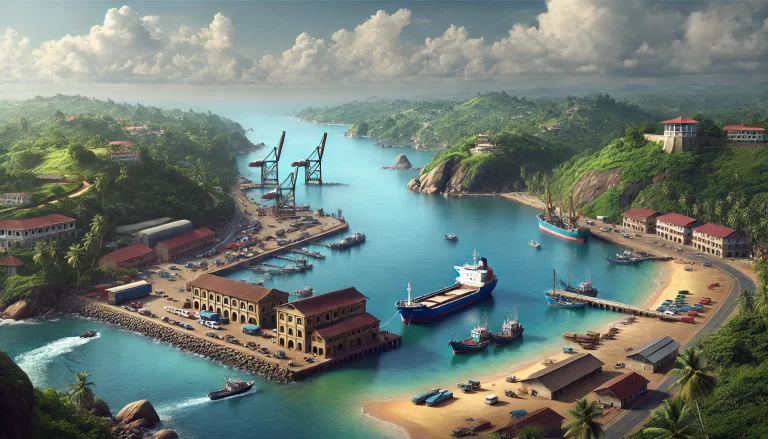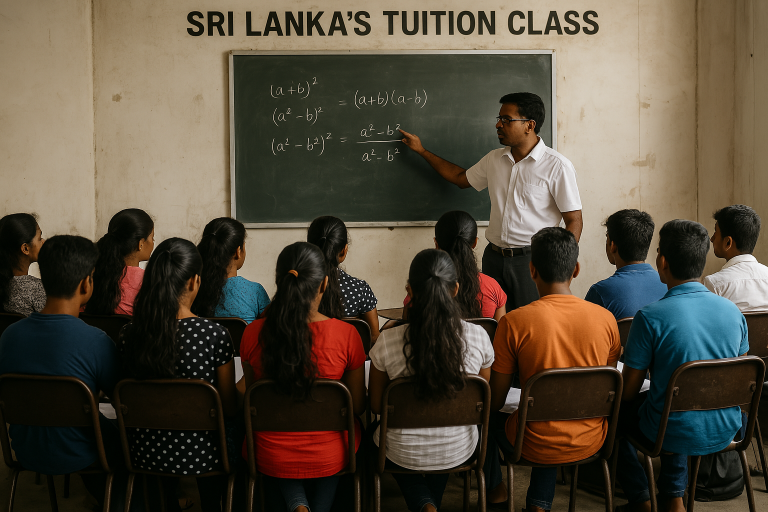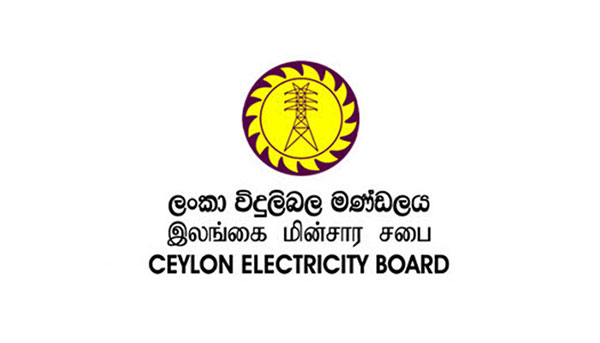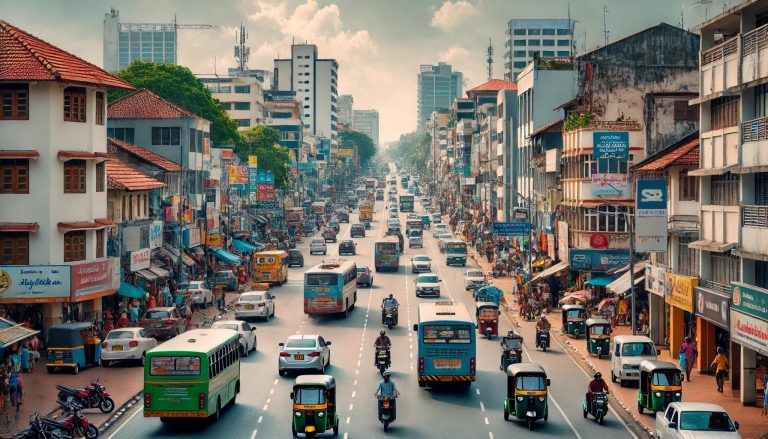India, the world’s largest democracy, has a profound influence on its neighbouring countries, including Sri Lanka. The Indian general election, a massive democratic exercise involving over 900 million eligible voters, determines the political direction of the country for the next five years. In the recent election, Prime Minister Narendra Modi secured a significant victory with his Bharatiya Janata Party (BJP), marking his continued leadership.
Despite Modi’s resounding victory, there is a sense of underachievement since his party BJP failed to achieve the election target of winning majority seats and the alliance achieving 400 seats in Lok Sabha. Further, there are unmet targets from his previous tenure too. While Modi promised significant economic reforms and development, issues like high unemployment rates and economic slowdown persisted. India’s GDP growth slowed to around 4.5% in 2019-2020, down from over 8% in previous years. The unemployment rate, which reached a 45-year high of 6.1% in 2018, also added to the concerns. This perception of underperformance affects India’s stature in the region and, by extension, its influence on Sri Lanka. Sri Lanka, which looks to India for economic and political guidance, may reassess its expectations and strategies in light of these developments.
No Chance to Go for Drastic Constitutional Reforms
Modi’s victory, while decisive, did not grant him the overwhelming majority needed for sweeping constitutional reforms. With the BJP holding 303 seats in the 545-member Lok Sabha, the threshold for major constitutional changes remains out of reach. This limitation means that India’s political structure will remain largely unchanged, which provides a level of predictability for Sri Lanka. Any potential shifts in policy or governance that could have arisen from drastic reforms are unlikely to materialize, ensuring stability in bilateral relations.
Minority Parties May Bargain for More Power
The Indian election’s outcome has empowered minority parties, who now hold significant bargaining power. In states like Tamil Nadu, regional parties such as the Dravida Munnetra Kazhagam (DMK) have considerable influence. This dynamic could influence India’s domestic policies, including those affecting the Tamil Nadu region, which has strong cultural and familial ties to Sri Lanka’s Tamil population. As minority parties negotiate for greater influence, their demands could include policies that affect Sri Lanka, particularly concerning the Tamil issue and regional cooperation.
However, Same Ministers, Same Strategy, and Same Foreign Policy
Despite the election’s outcome, the core team of ministers and the overall strategy remain consistent. Key figures like External Affairs Minister S. Jaishankar and Home Minister Amit Shah retain their roles, signaling continuity. Modi’s administration is likely to continue its established foreign policy, which emphasizes regional cooperation and economic integration. For Sri Lanka, this continuity means a predictable and stable relationship, with ongoing collaborations in trade, security, and infrastructure projects. The longstanding relationship between the two nations, highlighted by agreements like the India-Sri Lanka Free Trade Agreement (ISFTA), will likely see further strengthening.
Pro-Business Policy to Continue
Modi’s pro-business stance is expected to persist, fostering an environment conducive to economic partnerships. Sri Lanka stands to benefit from this policy through increased trade, investment, and joint ventures. Indian businesses, encouraged by their government’s policies, may look towards Sri Lanka as a viable market and partner, enhancing economic ties between the two countries. Notably, India is one of Sri Lanka’s largest trading partners, with bilateral trade amounting to over $5 billion annually. Key sectors like pharmaceuticals, agriculture, and textiles see significant trade, which could further expand under Modi’s pro-business policies.
Relationships with the US, Russia, China, etc.
India’s diplomatic relationships with global powers like the US, Russia, and China have a significant impact on Sri Lanka. Modi’s administration has balanced these relationships, ensuring strategic partnerships while maintaining sovereignty. Sri Lanka, strategically located in the Indian Ocean, benefits from India’s diplomatic strategies, gaining from the stability and opportunities these relationships bring. For instance, India’s membership in the Quad (with the US, Japan, and Australia) and its engagements with Russia and China in platforms like BRICS provide a balanced approach that Sri Lanka can leverage. These relationships also have security implications, with India’s maritime cooperation efforts in the Indian Ocean enhancing regional stability and security, benefiting Sri Lanka.
Impact on Sri Lanka’s Election
India’s political climate often influences Sri Lanka’s electoral dynamics. Modi’s victory and his administration’s policies could sway Sri Lankan voters and politicians, especially regarding economic policies and regional security. Indian electoral outcomes often set precedents that Sri Lankan leaders consider while framing their own political strategies. The influence is evident in policy alignments and electoral promises, particularly in regions like the Northern Province, where Tamil Nadu’s political currents hold significant sway. Furthermore, Indian investments and aid in key electoral constituencies can influence voter sentiment and electoral outcomes in Sri Lanka.
Assistance to Sri Lanka
India has historically provided substantial assistance to Sri Lanka, ranging from economic aid to disaster relief. Modi’s administration is expected to continue this support, enhancing bilateral ties. Assistance in infrastructure development, healthcare, and education will remain pivotal in strengthening the relationship between the two nations. Notably, India has invested in numerous projects, such as the reconstruction of the Palaly Airport and the development of the Kankesanthurai Harbour, which are crucial for regional development. Additionally, India’s support in the aftermath of the 2004 tsunami and during the COVID-19 pandemic has cemented its role as a key ally.
Connectivity with Sri Lanka
Enhancing connectivity has been a cornerstone of India-Sri Lanka relations. Infrastructure projects like ports, airports, and roadways, facilitated by Indian investments, are crucial for regional integration. Modi’s administration is likely to push for more such initiatives, fostering closer economic and cultural ties. The proposed India-Sri Lanka ferry service and the expansion of air routes are examples of efforts to enhance connectivity, which will facilitate trade, tourism, and people-to-people interactions. Projects like the Jaffna-Kankesanthurai Road and the Mannar-Talaimannar Railway Line, funded by India, highlight the focus on improving connectivity.
Cultural Impact
Cultural exchanges between India and Sri Lanka are deeply rooted in shared history and traditions. Modi’s emphasis on cultural diplomacy will likely bolster these connections, promoting tourism, educational exchanges, and cultural programs. This cultural affinity strengthens the bilateral relationship, fostering mutual understanding and cooperation. Programs such as the Festival of India in Sri Lanka and the reciprocal visits of artists and scholars are examples of cultural diplomacy that enhance bilateral ties. The shared heritage, seen in the influence of Buddhism and Hinduism in both countries, provides a rich tapestry for cultural exchanges.
In conclusion, the Indian election and Modi’s continued leadership have multifaceted impacts on Sri Lanka. From economic policies and minority rights to cultural exchanges and strategic partnerships, the relationship between the two nations is poised to grow, influenced by the stable and predictable policies of Modi’s administration. The continuity in leadership and policy direction ensures that Sri Lanka can look forward to a stable and cooperative relationship with its northern neighbor, fostering regional stability and growth. The shared history, cultural ties, and strategic interests will continue to underpin the strong bilateral relations, benefiting both nations in multiple spheres.







